Why did the Soviet Union collapse?
The collapse of the Soviet Union was one of the defining events of the 20th century. The world’s first socialist state, the Soviet Union had been a major global power Continue Reading
A celebration of the Good Life, High Art, Human Excellence and Culture

The collapse of the Soviet Union was one of the defining events of the 20th century. The world’s first socialist state, the Soviet Union had been a major global power Continue Reading

In ancient Rome, bread was a staple food and an essential part of daily life. However, the cost of bread could fluctuate greatly in the era of Rome, causing hardship Continue Reading
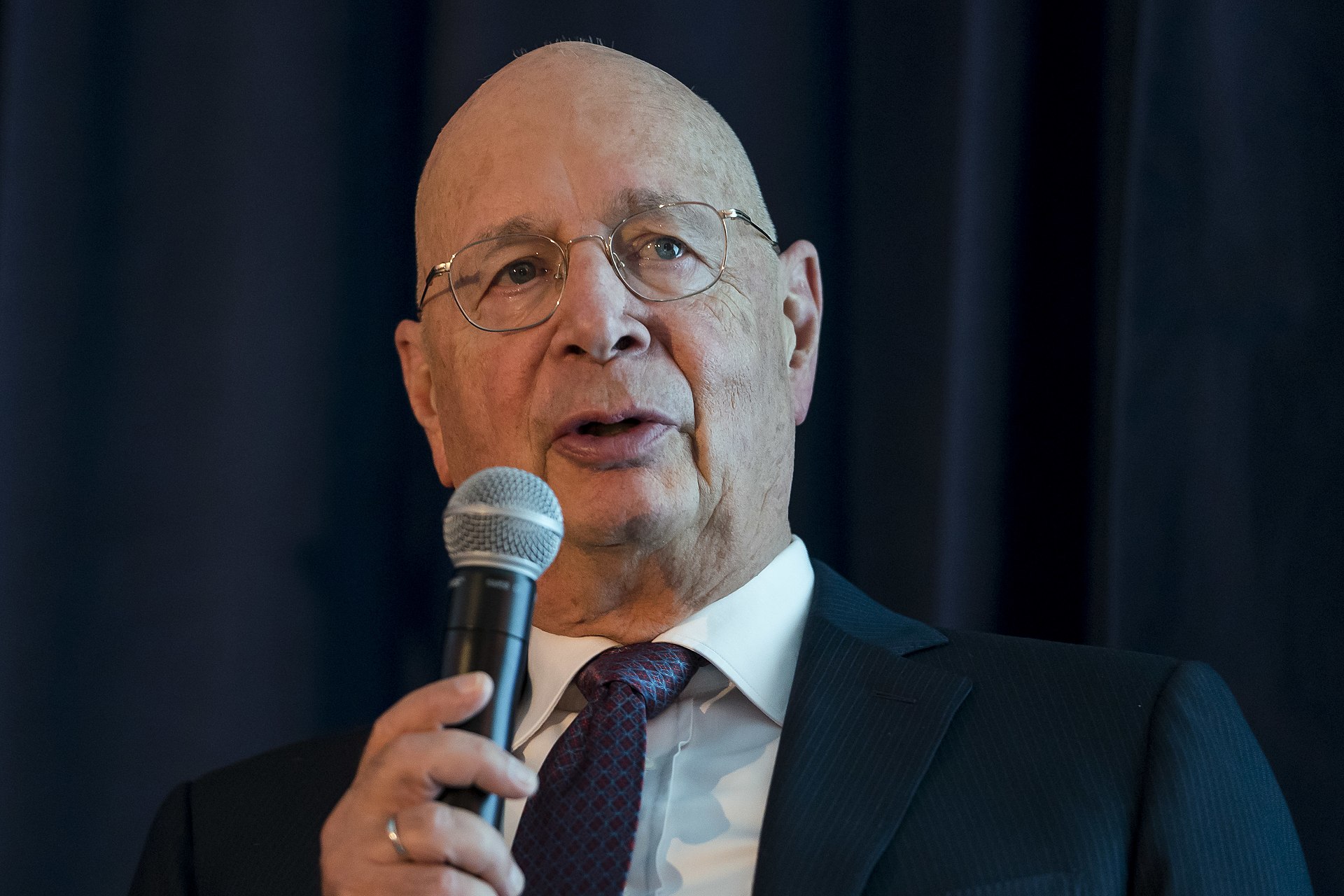
A couple of quick Google searches would if taken literally suggest that the World Economic Forum (WEF) is a sham of an organization that pretends to bring about positive change Continue Reading
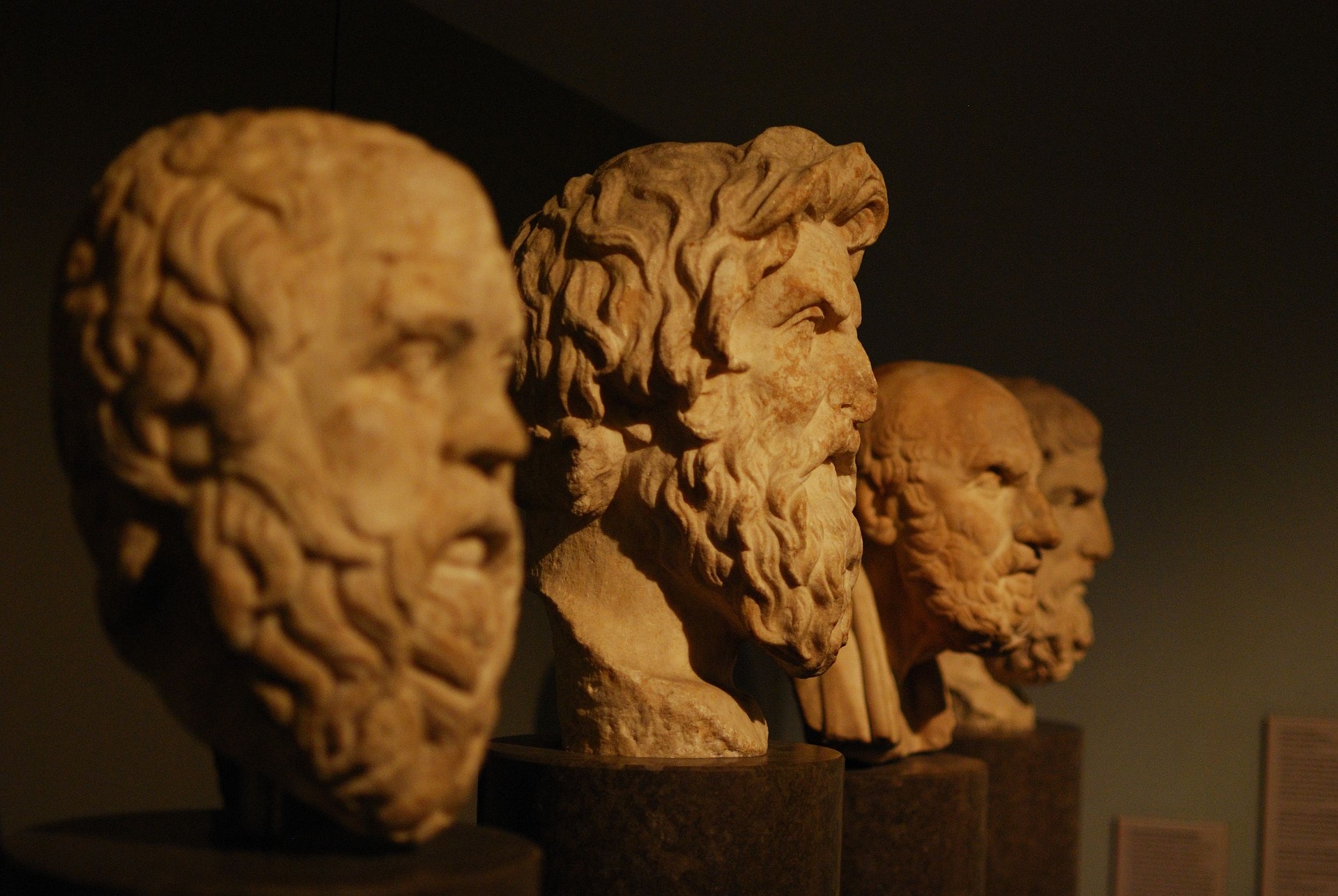
The philosopher as a social and political critic has played a significant role throughout history, shaping the way societies and governments have been viewed and evaluated. Philosophy, which comes from Continue Reading

Alexander Hamilton who served as the first Secretary of the Treasury of the United States in the late 18th and early 19th centuries believed that protectionism was in the best Continue Reading
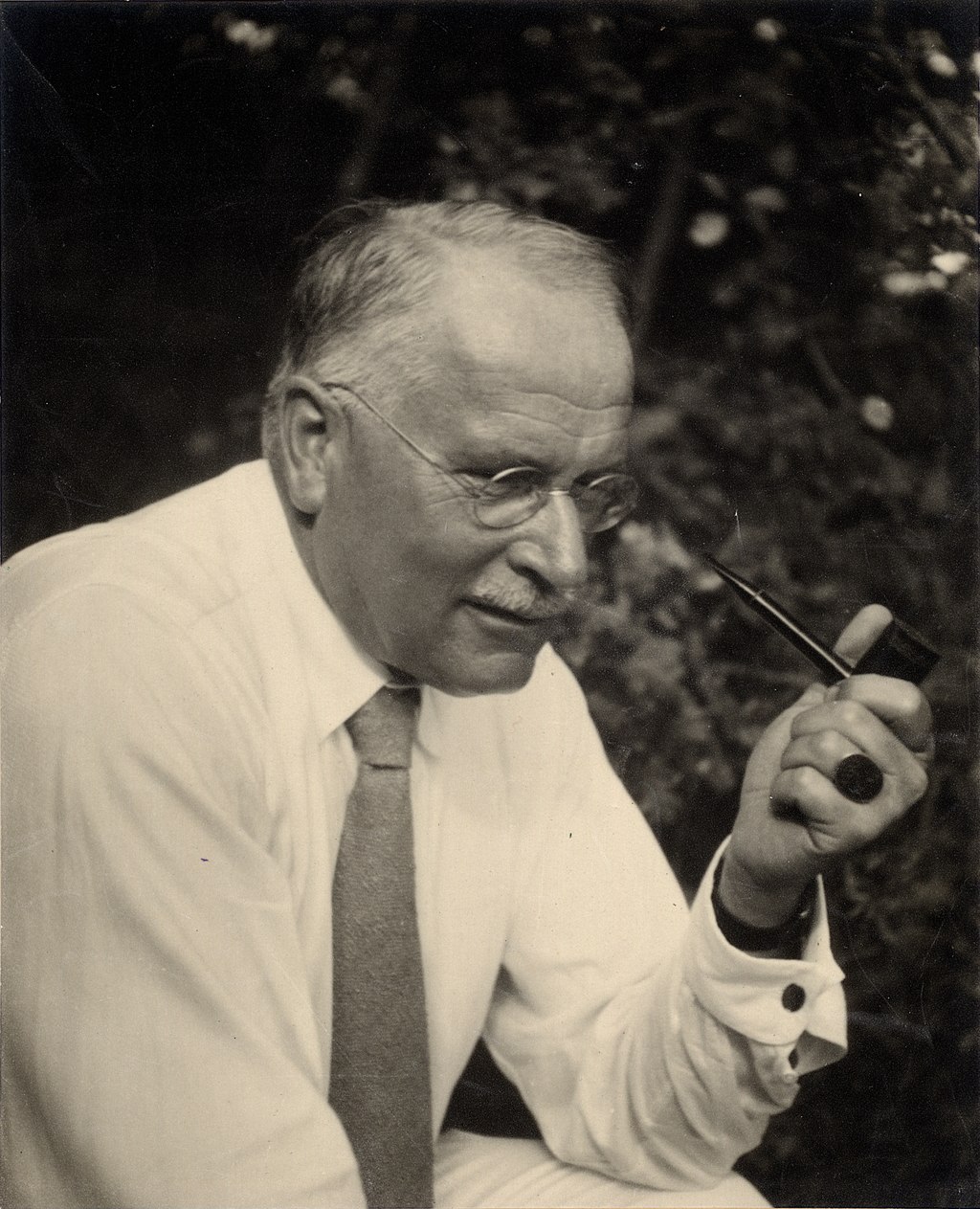
Carl Jung (1875-1961) was a Swiss psychiatrist and psychoanalyst who is best known for his contributions to the field of analytical psychology. He is considered one of the most important Continue Reading

In Jungian psychology, archetypes are universal symbols or patterns of behavior that are thought to be present in the collective unconscious of all human beings. These archetypes are thought to Continue Reading
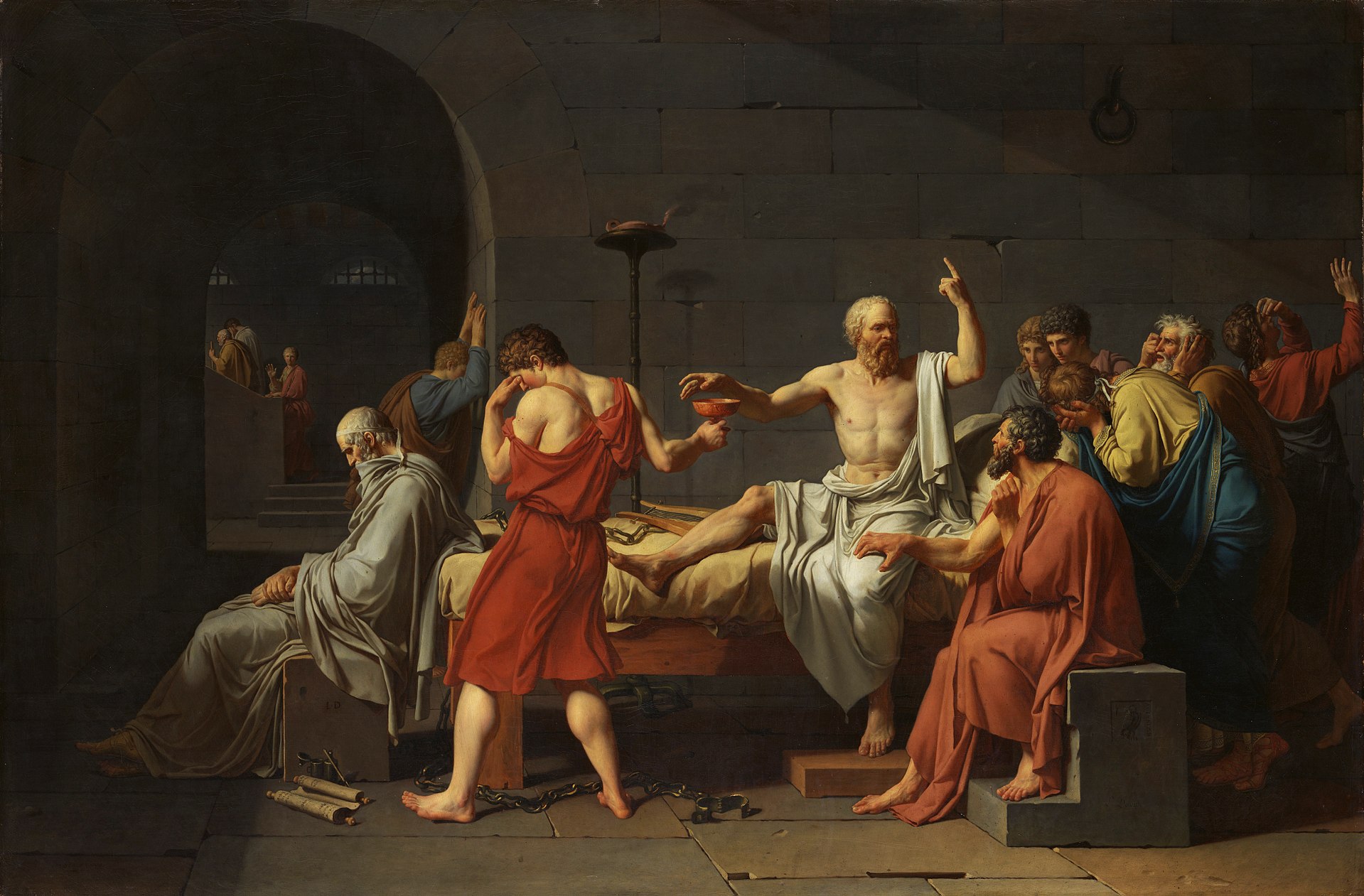
Socrates was a classical Greek philosopher who lived in Athens in the 5th century BC. He is widely considered to be one of the founders of Western philosophy and is Continue Reading

In Jungian psychology, the collective unconscious is a term used to describe a level of the psyche that is shared by all human beings and is made up of archetypes, Continue Reading

According to itself, the World Economic Forum (WEF) is an international organization that aims to improve the state of the world by engaging leaders in business, politics, academia, and civil Continue Reading
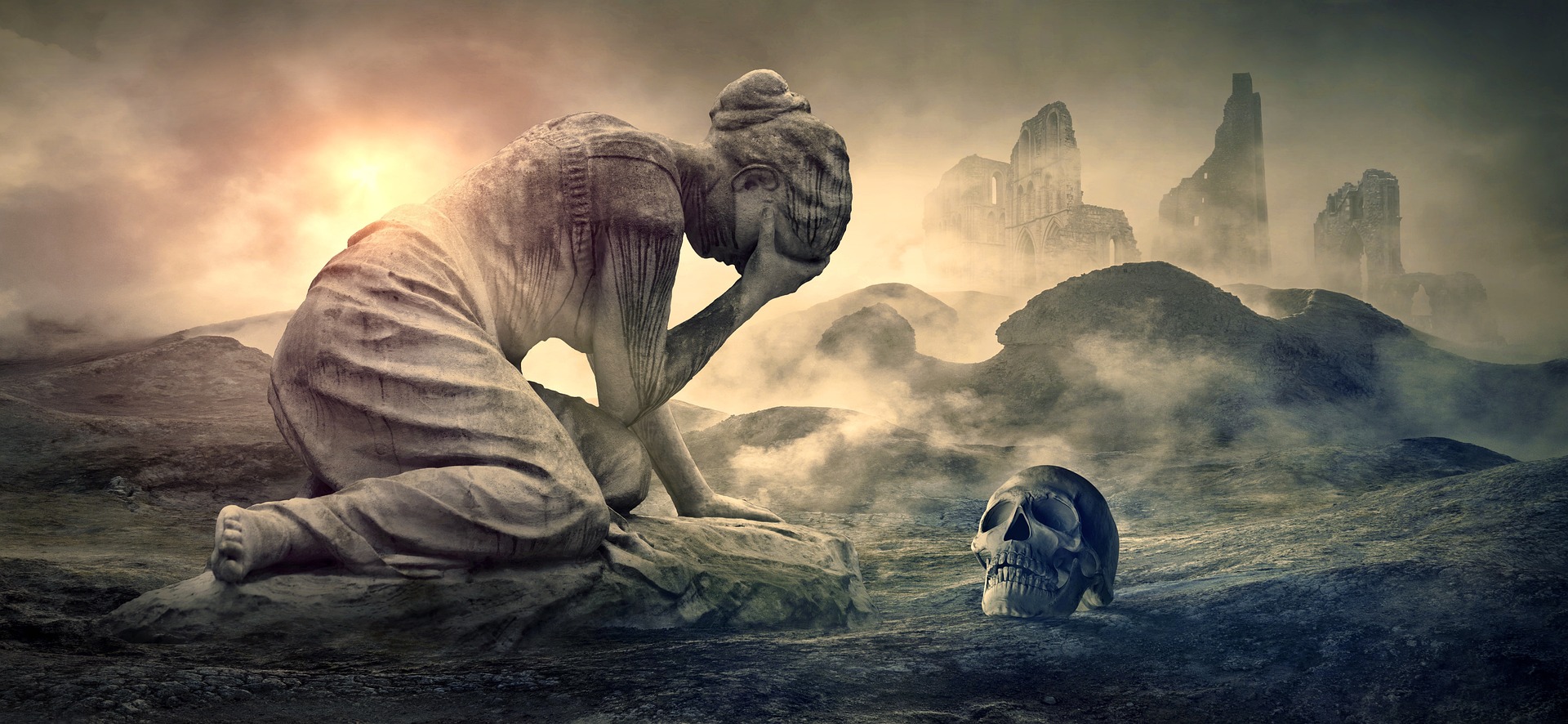
Pessimism, as a philosophical concept, refers to a worldview that emphasizes the negative aspects of human existence and the world at large. It is characterized by a belief that life Continue Reading
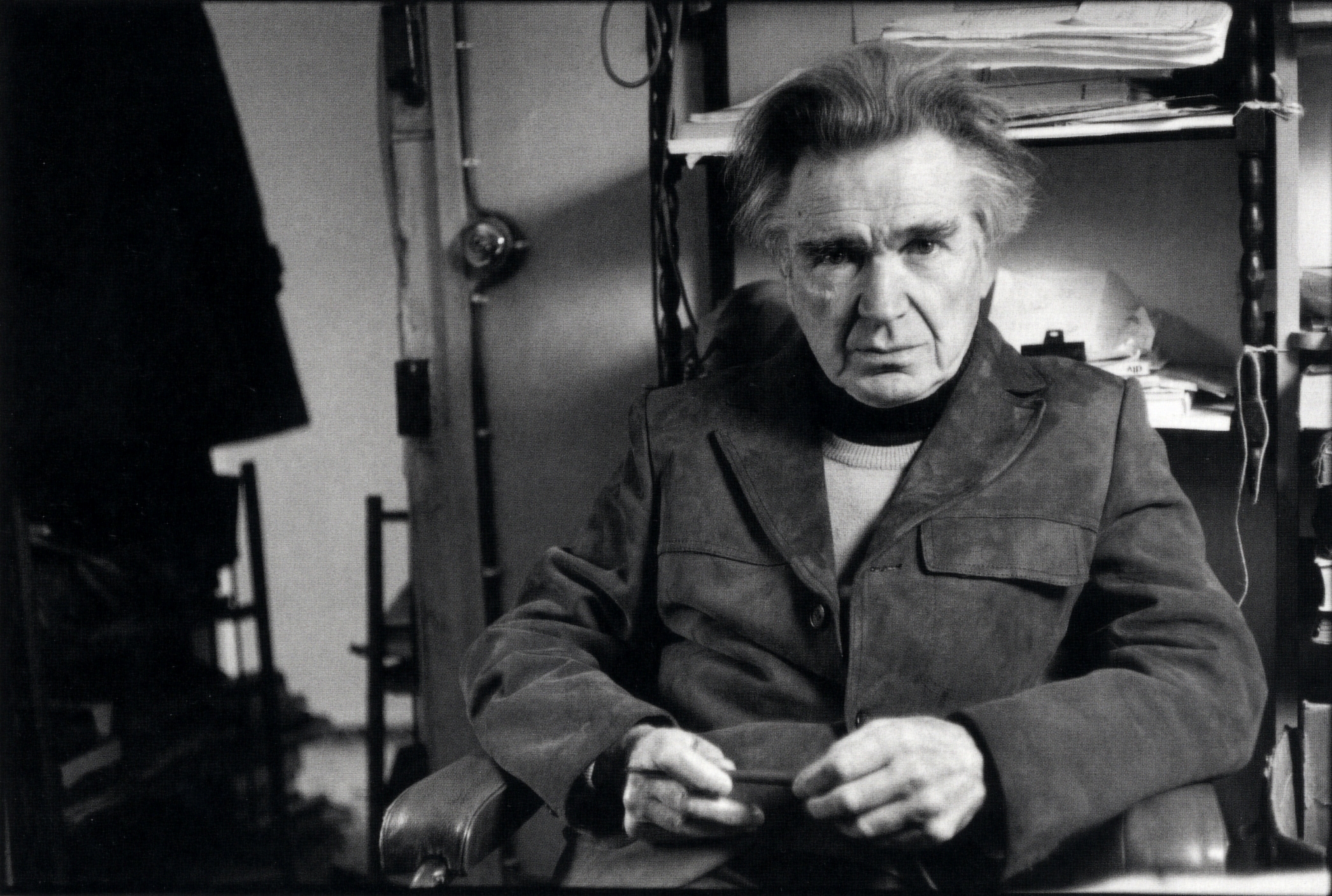
Emil Cioran was a Romanian-French philosopher, essayist, and aphorist who has written many books on a variety of topics including philosophy, history, and literature. Despite the brevity of his essays, Continue Reading

Plato’s Apology of Socrates is one of the most significant texts in Western philosophy. The work is a record of the trial and defense of Socrates, who was charged with Continue Reading
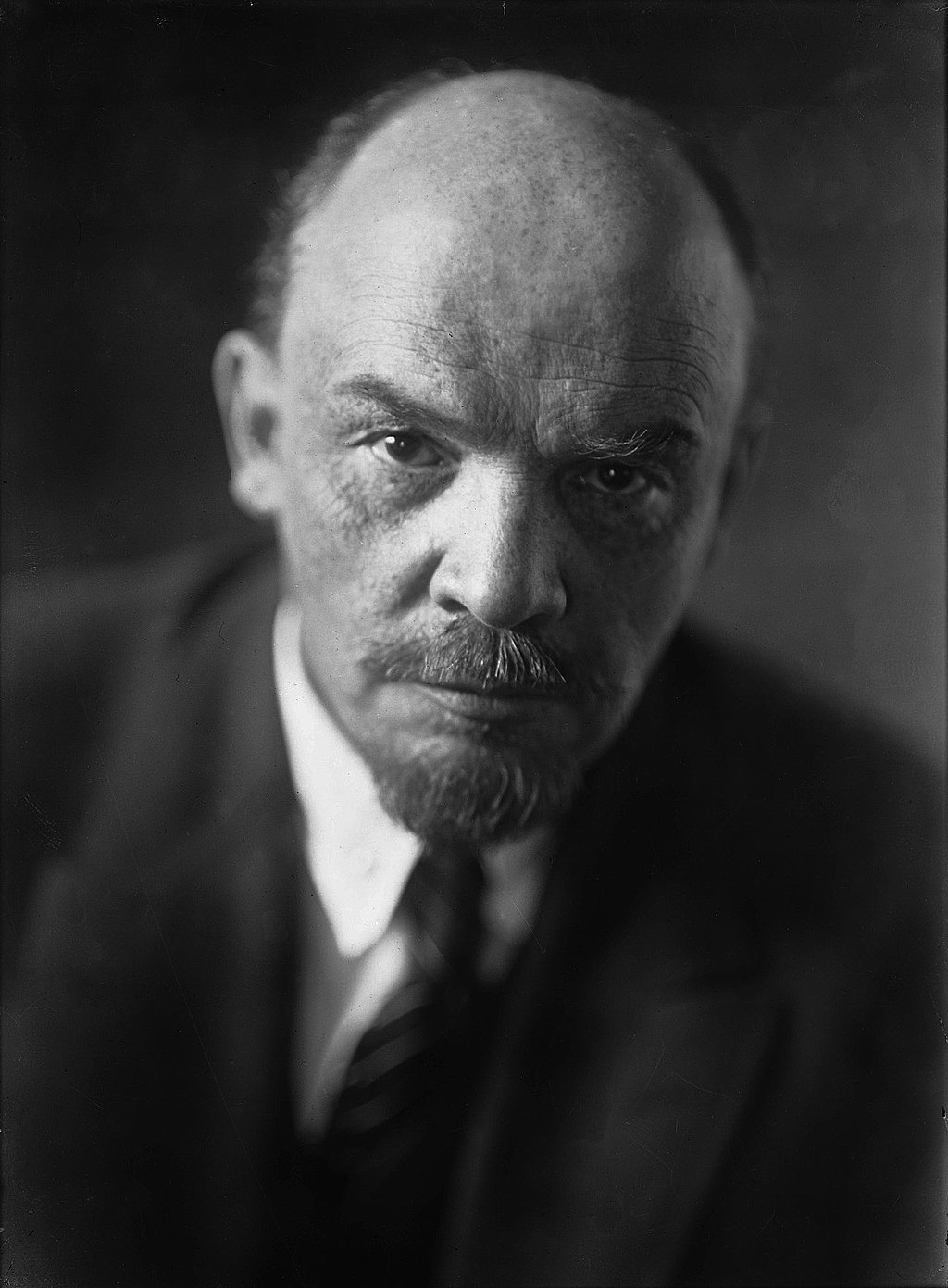
The Russian Revolution of 1917 was the result of a combination of factors, including economic, political, and social conditions, as well as the leadership of key figures like Vladimir Lenin Continue Reading
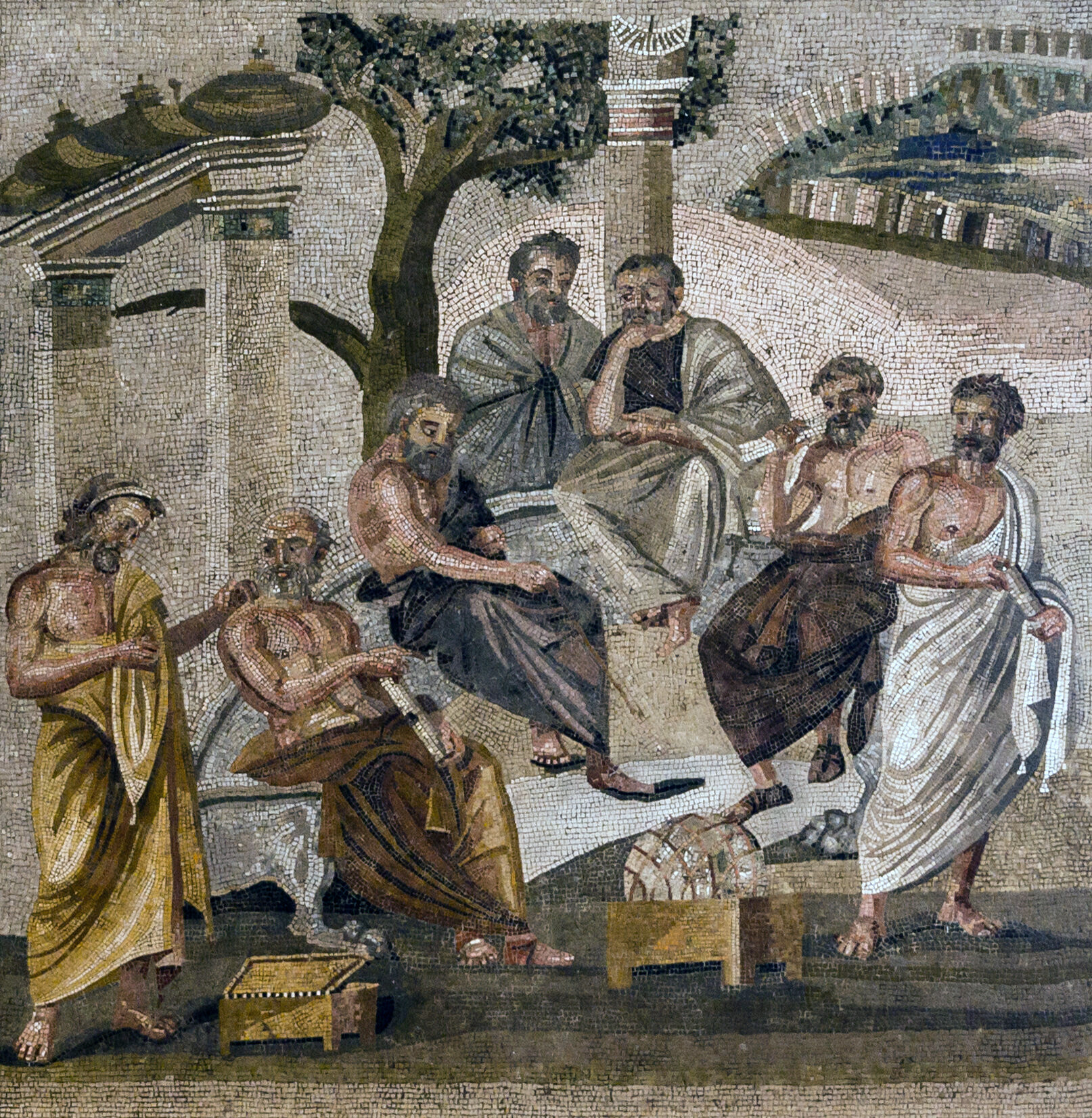
Plato (428 – 348BC) is considered one of the most important figures in the history of Western philosophy. His contributions have had a lasting impact on the development of Western Continue Reading
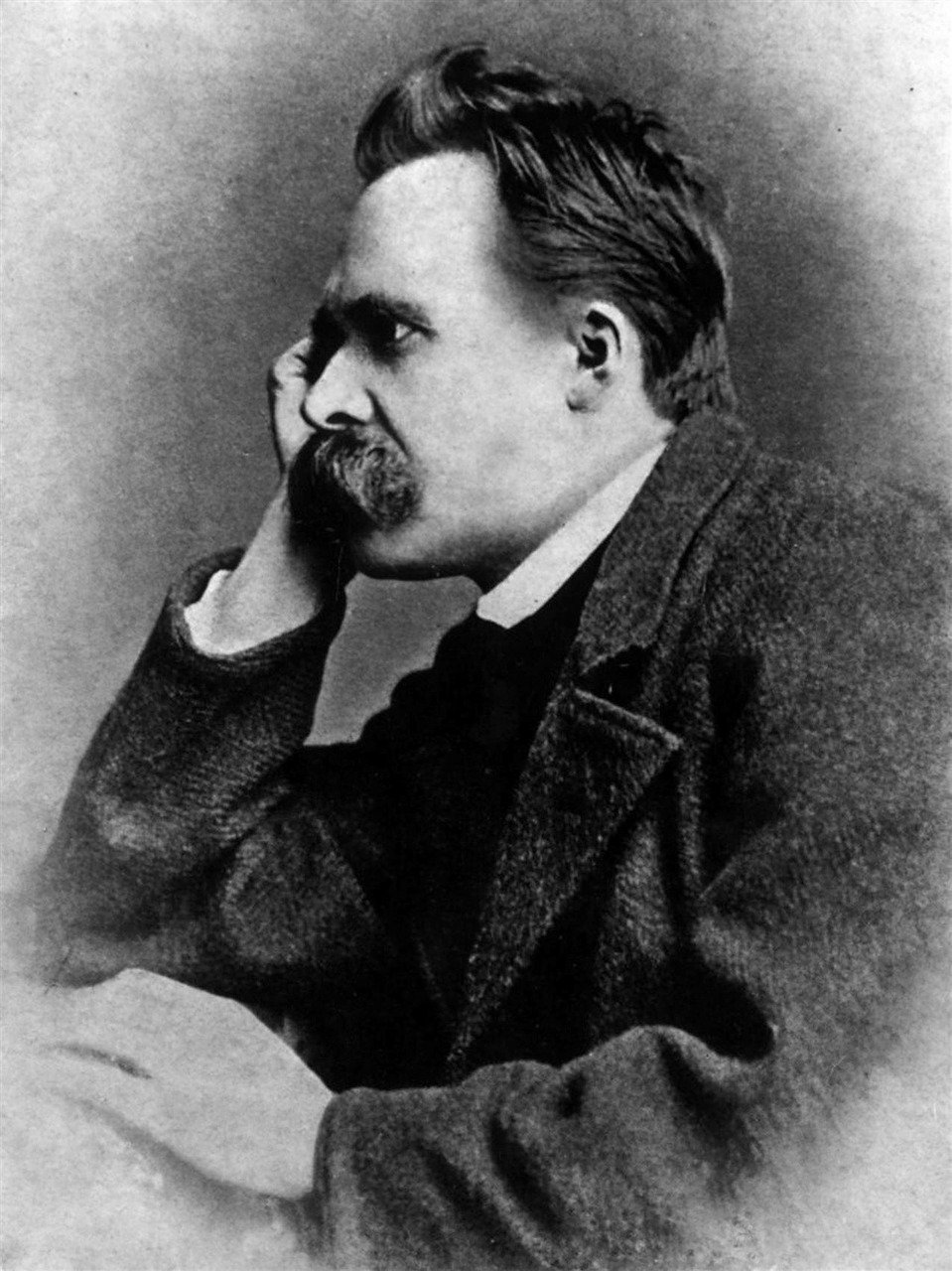
Friedrich Nietzsche was a German philosopher who is known for his criticism of traditional values, including morality and religion. His philosophy is centred on the idea of “life-affirmation,” which involves Continue Reading

When answering this question modern mystics rarely if ever pay any attention to the material world when making the claim that ‘we’re all one thing.’ They tend to consider the Continue Reading
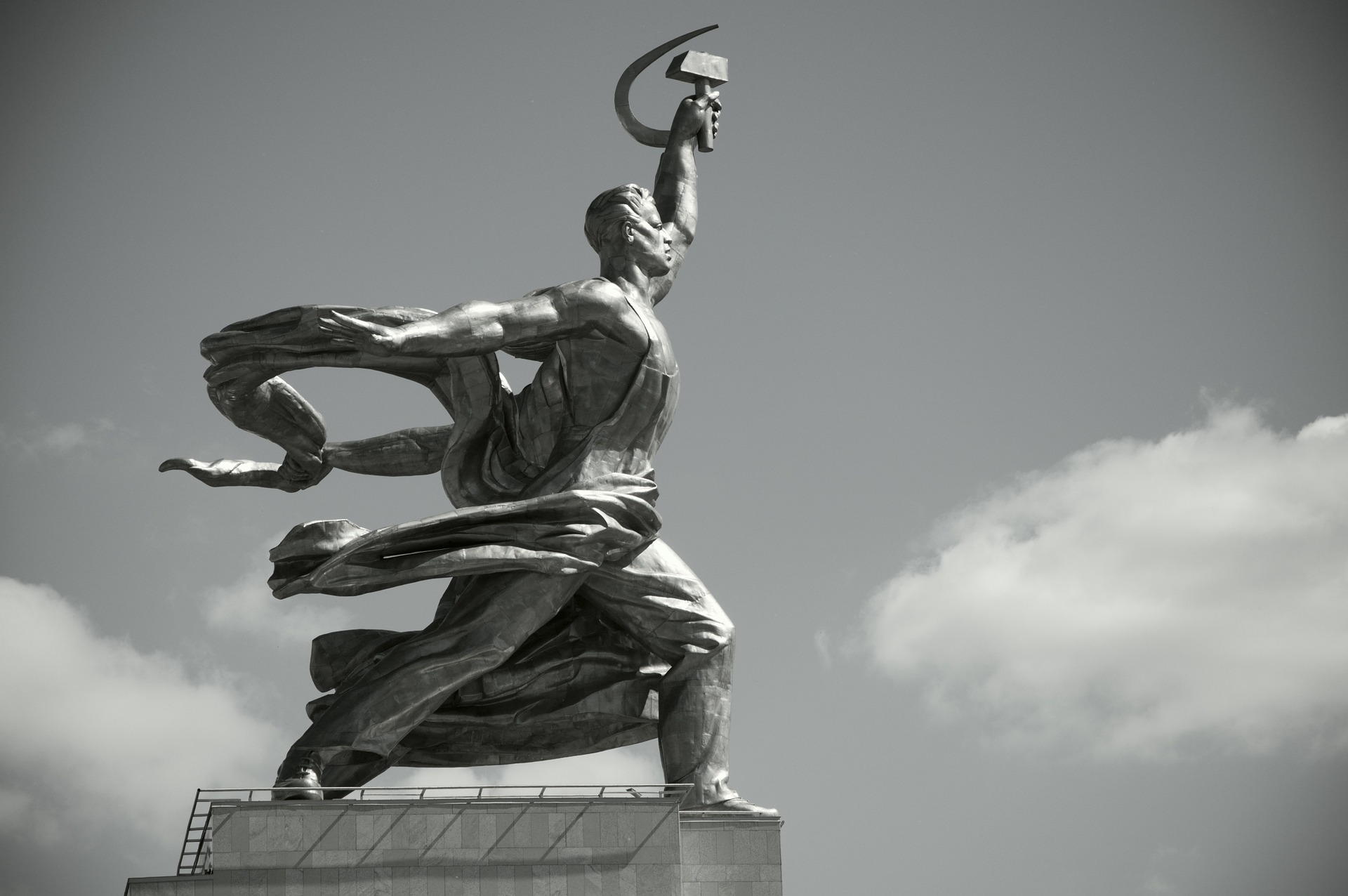
I want you to imagine briefly, for a few moments if you will, how it feels to do the most menial work that you can imagine, whether that’s washing dishes Continue Reading